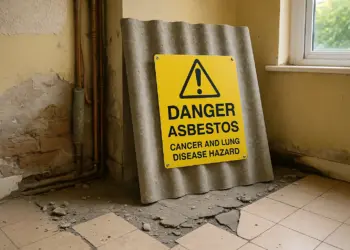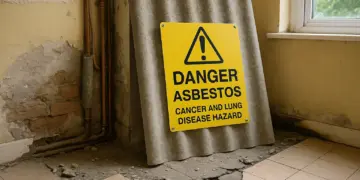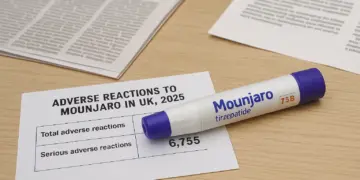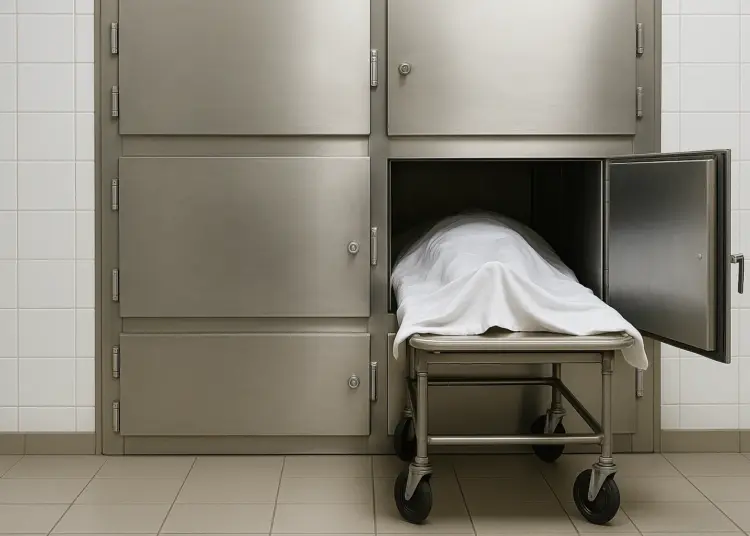Story Highlight
– Bill Trotter’s body remains in storage for justice.
– Family alleges numerous failings in his medical care.
– Concerns include misdiagnosis and delayed treatment issues.
– CQC and MP investigating Bill’s case since his death.
– Family seeks accountability and a full inquest process.
Full Story
A grandfather from Washington has been held in what his family describes as “cold storage” at the Royal Victoria Infirmary (RVI) in Newcastle for over a year, as they fight to seek justice for the alleged failings in his medical care. Bill Trotter, who spent a significant portion of his life in Cumbria, passed away in July 2024 at the age of 73 after treatment at the Cumberland Infirmary. His family now voices their serious concerns regarding his care, claiming he was misdiagnosed multiple times and that crucial medical decisions were poorly handled.
Bill’s demise followed a diabetic coma, and his family asserts that an amputation of his leg was improperly deemed necessary. They highlight lengthy delays in addressing critical health issues; for example, it was reportedly 12 days before a catheter was fitted after healthcare providers noted a bladder problem, during which time it was discovered he had retained nearly a litre of urine. This lack of timely intervention raises significant alarm bells for his loved ones.
Additionally, the Trotters have raised questions about the accuracy of medical documentation surrounding Bill’s case. Notably, a post-mortem report erroneously claimed that he entered the hospital with a severe abscess that ultimately led to sepsis. However, hospital authorities have now acknowledged that there was no such abscess at the time of admission. This discrepancy has compounded the family’s distress, as they believe that crucial evidence regarding Bill’s condition was overlooked.
In light of these issues, the North Cumbria Integrated Care NHS Trust has expressed its “deepest sympathies” to Bill’s family. They indicated that a comprehensive investigation into the family’s complaints had been conducted, intended to be a transparent process. Nevertheless, the Trotters are dissatisfied with the outcomes of these inquiries.
The situation gained political attention last week, when Member of Parliament Julie Minns (Labour, Carlisle) brought attention to Bill’s case in the House of Commons, indicating that his family’s concerns had been systematically raised. The Care Quality Commission (CQC) is actively investigating the circumstances surrounding Bill Trotter’s care.
Bill’s children, Mike and Kelly, describe their father’s final days as agonising. They recount distressing moments when he was visibly suffering, reportedly screaming in pain and expressing a desire to escape the hospital environment. “Things were not sitting right with us,” Mike stated, recalling the sense of unease that permeated his family’s experience during his father’s hospitalisation. “Since then, it’s been an extraordinarily trying and tiring situation. It feels like there is no protection for the general public.” Kelly added that the suffering her father endured felt akin to “torture,” echoing the family’s need for a complete understanding of the events that transpired.
The family is currently contesting a decision to forgo a full inquest into their father’s death. They have enlisted the support of NHS whistleblower Paul Calvert, who previously highlighted significant issues regarding information disclosure related to shortcomings in the North East Ambulance Service, to aid in their pursuit of accountability.
In her parliamentary address, MP Minns acknowledged the family’s dedication to uncovering the failings in Bill’s care over the past 18 months. She lamented that their findings had been overlooked by the medical examiner and inadequately addressed by the hospital trust, leaving them unable to secure the accountability they seek.
A spokesperson for the CQC stated, “Our deepest condolences are with the family and friends of Mr William Trotter. As soon as we received concerns regarding Mr Trotter’s death, we requested the trust provide evidence regarding the care he received. We’re currently assessing additional information to determine if any regulatory action is necessary.”
The North Cumbria Integrated Care NHS Trust reiterated its condolences to the Trotter family, acknowledging that while they conducted a detailed investigation, they were unable to fully resolve the family’s concerns. The Trust has indicated their willingness to cooperate should the public accounts committee choose to take an interest in the case.
In the aftermath of these events, the family made a pivotal decision to request that Bill’s body remain in Newcastle, which they believe to be crucial evidence in understanding the circumstances surrounding his death. As the investigation unfolds, the Trotters remain resolute in their commitment to ensuring that their father’s tragic experience is acknowledged and that those responsible are held to account.























This is deeply troubling. Families deserve transparent, timely investigations and clear explanations when care may have failed. Independent inquests and regulatory probes should be thorough and open, with findings shared promptly and any lessons implemented to prevent recurrence. Those responsible must be held to account and the family supported through the process, including access to independent advocacy, clear communication, and timely return of the deceased for proper funeral arrangements.
This situation is deeply concerning. When there are allegations of misdiagnosis and delayed treatment leading to a death it is essential that a thorough independent investigation and a transparent inquest are carried out without delay. Families need clear, honest communication about what happened and access to all relevant medical records and findings. Regulators and the trust must ensure any systemic failings are identified and corrected to prevent recurrence. Accountability should extend to lessons learned and changes in practice so that other families do not suffer similarly.
This is deeply upsetting. Families deserve clear answers and timely investigations when there are serious concerns about care. An independent, thorough inquest should establish what happened, whether clinical decisions fell below acceptable standards and what systemic failures allowed this to occur. Transparency about findings and prompt implementation of recommended changes are essential to restore trust and prevent similar harm. Those responsible must be held to account and the family should receive full support and clear communication throughout the process.
This is deeply concerning. Families deserve transparent answers when there are serious questions about diagnosis and treatment. Independent investigations and a full inquest are appropriate to establish what happened and to learn lessons. In the meantime the trust should cooperate fully, communicate openly with the family and review its procedures to prevent recurrence. The priority must be restoring trust and ensuring others do not suffer similarly.